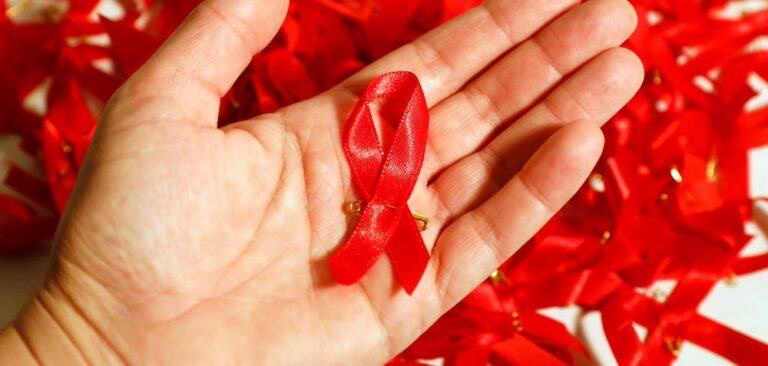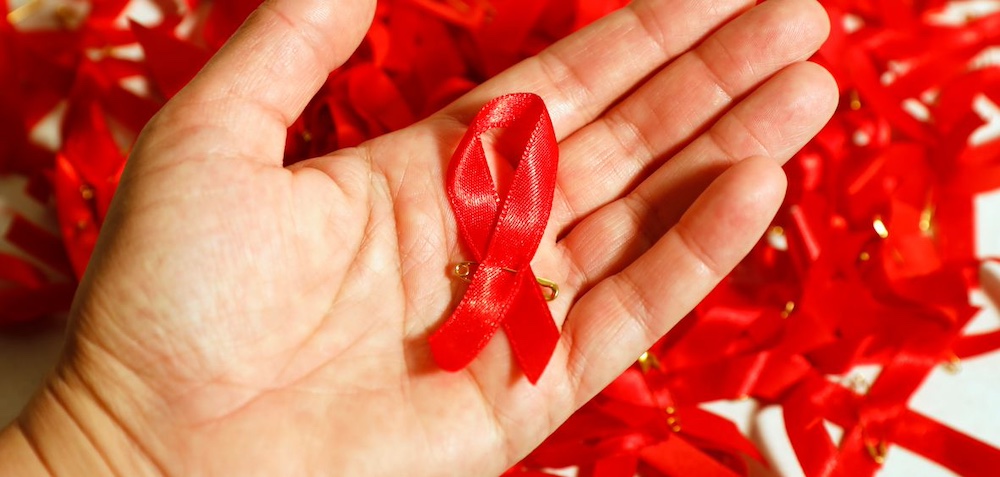
Tackling the afternoon grumps
Do you ever get home after a huge day at work feeling grumpy?
I confess it used to happen to me on a semi-regular basis. The day would start out fine. I’d have coffee and eggs for breakfast, work till about noon, then take a lunch break.
At 12.30pm, I was ready to get stuck back into the grind until about 5pm.
By 4pm I was frequently starting to feel tired. By 5pm my brain was starting to shut down. My concentration was way off, it didn’t take much to get me irritated, and God help the world if my train was running late.
Thankfully my partner Nick is a very understanding man and knows this sometimes grumpy bear needs a bit of wind-down time after a day at work. He also knows the magic secret to a happy bear. Food!
For years I thought I was an emotional eater — I would get sad or grumpy and eating would make me feel better. Sadly this pattern led to some pretty poor food choices with some of the worst when I was really frazzled.
Hunger can change your brain.
Recently I came across an interesting post by a fantastic colleague, Dr John Briffa, a wonderful doctor and world expert on dietary treatments for many diseases.
In his post he highlighted a recent case in the UK where a High Court judge was charged with beating his wife after she had not cooked his dinner.
“Allen told the court he was in an ‘irritable’ mood. ‘When I entered the kitchen I actually said to my wife I was not happy … ‘I said I had been upstairs for an hour-and-a-half and I had nothing to eat all day.’ A row followed, which Allen said became ‘somewhat heated’,” the Daily Mail reported.
I can clearly relate to days where I have been so busy I haven’t had lunch and I’ve been very irritable by the end of the day. Again, once food was in my system I would calm down and start to feel normal again.
As Dr Briffa said in his post:
“Let me paint a picture of a typical scenario. Someone has a sandwich for lunch at work at about 12.30, and then eats little or nothing before they come home, often at 7.30 or later. By their own admission, they are often ‘starving’ at this time. Hunger and a bit of blood sugar dysregulation from eating a sandwich may well have led to a bit of low blood sugar (hypoglycaemia).
“One potential effect here is for the body to turn on the ‘stress’ response through, for example, the secretion of adrenaline (epinephrine). Low blood sugar can causes quite profound changes in mood, not least of all because it can cause increases in the levels of glutamate in the brain, which increases excitability.
“Some of you will know this from your experience of kids. If children, especially quite young ones, are not ‘fed on time’, they can morph into ‘little monsters’. They’re not monsters, of course, but when their brains don’t get the fuel needed for proper functioning they can sure look that way. It’s pretty much the same with many adults, though.
“The other problem with coming home too hungry is that it generally leads to overeating (and over-drinking).
“These issues are so very often ‘cured’ just by ensuring that rampant hunger and low blood sugar are kept at bay in the late afternoon and early evening. For most people, what this amounts to is eating a handful or two of nuts between lunch and dinner.”
If you miss lunch, your blood sugar can drop, leading to a stress response that can include confusion, irritability, anger and mental clouding. These are the same ‘psychiatric features’ found in people living with anorexia.
Guess what? Those same symptoms in anorexia disappear when the patient starts to eat again. Hmmm … interesting, don’t you think?
How do we get some good quality energy source into the body that is going to settle the mind but not send us overeating or gaining weight?
As Dr Briffa mentioned, a handful of nuts can help keep blood sugar levels even and satisfy hunger pangs. Cakes, sugary foods and sweets are not the best choices as they make the blood sugar spike quickly which then results in an equally sudden drop afterwards and we are back to where we started.
Some of the best nuts that are good for the brain, the heart and general health include almonds, walnuts and pecans. Cashews can be good but they are a little higher in bad fats. Peanuts are not a good choice due to their low protein content, and they are very high in fats that lead to high cholesterol and lipids in the blood.
If you realise you are starting to feel a bit out of sorts in the afternoon it might be your blood sugar levels getting low. Have a snack before you say or do something that you may regret later!
By DR GEORGE FORGAN-SMITH
General Practitioner
An excerpt from thehealthybear.com.au










